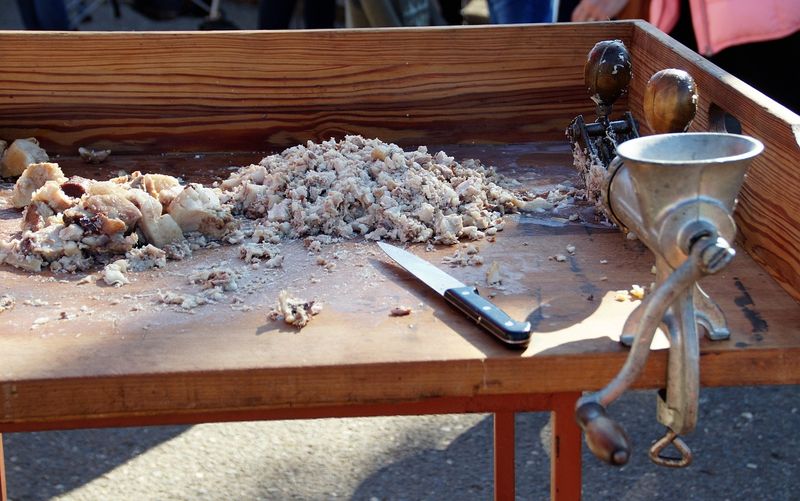
Published in News
Tight Rules for Croatia’s Pig Slaughter Season
Traditional pig slaughtering in Croatia starts under tight veterinary control to prevent the spread of African Swine Fever.

Martina Osmak
Director of Marketing
As the colder months settle across Croatia, the long-standing rural tradition of “kolinje”—the annual pig slaughter—officially begins. But this year, the focus is once again on strict biosecurity measures aimed at stopping the spread of African Swine Fever (ASF), a disease that continues to threaten pig farming across the region.
According to Croatia’s Ministry of Agriculture, private slaughtering remains permitted, but only under regulated supervision. Every pig must undergo a mandatory veterinary inspection within 24 hours before slaughter, and the event itself must be announced at least 48 hours in advance to an authorized veterinarian.
“Slaughtering for personal use is allowed, but only if all biosafety conditions are met,” the ministry stated, adding that farmers are obliged to report any signs of illness or animal deaths immediately.
No selling or gifting of homemade meat
Authorities emphasize that meat and meat products from home slaughters—including delicacies like kulen, sausages, cracklings (čvarci), and fresh pork—cannot be sold or shared. They may not appear at fairs, markets, or online platforms, nor be sent to friends or relatives. The rule aims to block any possible channel for disease transmission.
Animal welfare and waste management required
During slaughter, all animal welfare standards must be observed. By-products such as blood and offal must be disposed of safely through licensed collectors or local authorities, who may organize shared collection points in rural communities.
Zone-based restrictions remain
Pig slaughter is permitted only in areas categorized as Restriction Zones I, II, and III, provided all safety rules are met. However, it is banned within protection and surveillance zones, which are established around confirmed outbreaks and updated regularly.
As of November 10, 2025, ASF has been confirmed on 53 domestic farms and in 401 wild boars across Croatia, with the latest case reported in Lug (Bilje municipality) in eastern Slavonia.
Despite the restrictions, “kolinje” remains a cherished cultural event for many Croatian families—a time of community, food, and tradition. Yet this season, the government urges everyone to follow the rules closely to protect the national pig population and ensure that this centuries-old custom can continue safely in the years ahead.
Sources:
